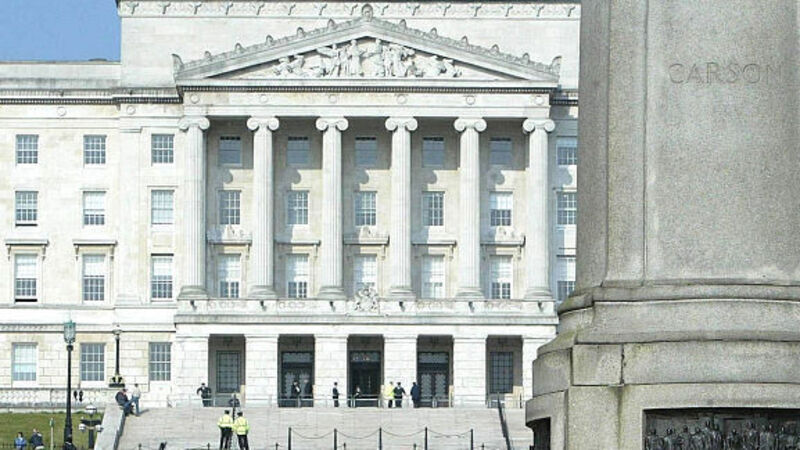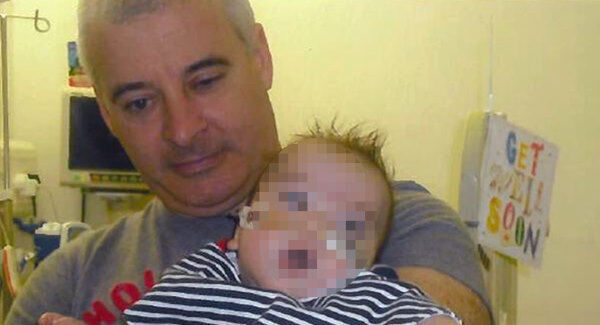Parties agree to disbanding paramilitary groups in the North

The deal — endorsed by Sinn Féin, the Democratic Unionists, and the Irish and British governments — was struck after almost 10 weeks of negotiations.
A range of disputes, including the fallout from a murder linked to the IRA and an acute budgetary crisis over non-implementation of welfare reforms, had pushed the coalition executive towards collapse.
The new deal, which runs to almost 70 pages, has found a way to resolve the budgetary crisis caused by the long-running failure to adopt welfare changes.
The fallout from the killing of former IRA man Kevin McGuigan was also on the agenda during the 10-week talks process, and a new panel is being set up to examine the ongoing scourge of paramilitarism. It is understood the four representatives will be selected by the Stormont Executive and both governments.

There has been no agreement on how to deal with the legacy of the North’s troubled past, while the impasse between Sinn Féin and the UK government over disclosure of official documents to proposed truth-recovery bodies remains unresolved.
Key reforms include:
- An additional £500m from the Exchequer to tackle issues unique to the North, including efforts on the removal of peace walls;
- Devolving corporation tax powers to bring in a 12.5% rate in line with the Republic of Ireland;
- Fresh obligations on the Northern Irish parties to work together to end the presence of paramilitarism;
- Concerted efforts to target organised and cross-border crime;
- Measures to address the issue of flags and parades;
- Reform of Stormont Assembly including its size, the number of departments, and the use of petitions of concern as a form of opposition.
Foreign Affairs Minister Charlie Flanagan described the deal as a “credible roadmap” to tackling ongoing paramilitarism and implement aspects of December’s Stormont House Agreement.
“It underpins all our efforts to bring greater reconciliation and economic prosperity to the people of Northern Ireland and communities right across our island,” he said.

Mr Flanagan said the Northern parties were agreed on working to disband all paramilitary groups, their structures, and to challenge their control of communities. An international body will be established to oversee that.
The new focus on cross-border crime will be led by the PSNI, An Garda Síochána, and revenue officers from both jurisdictions in a special taskforce.
Taoiseach Enda Kenny said the progress on tackling paramilitaries was a critical step. “It tackles the toxic legacy of paramilitarism and its links to criminality,” he said.
“The agreement provides the people of Northern Ireland with a chance to have the burden of thuggery, intimidation, and sectarian hatred taken off their backs once and for all.
“A chance for peace to mean more than the absence of violence, 21 years after the ceasefires. A chance for a prosperous and inclusive society to flourish to its full potential.”









